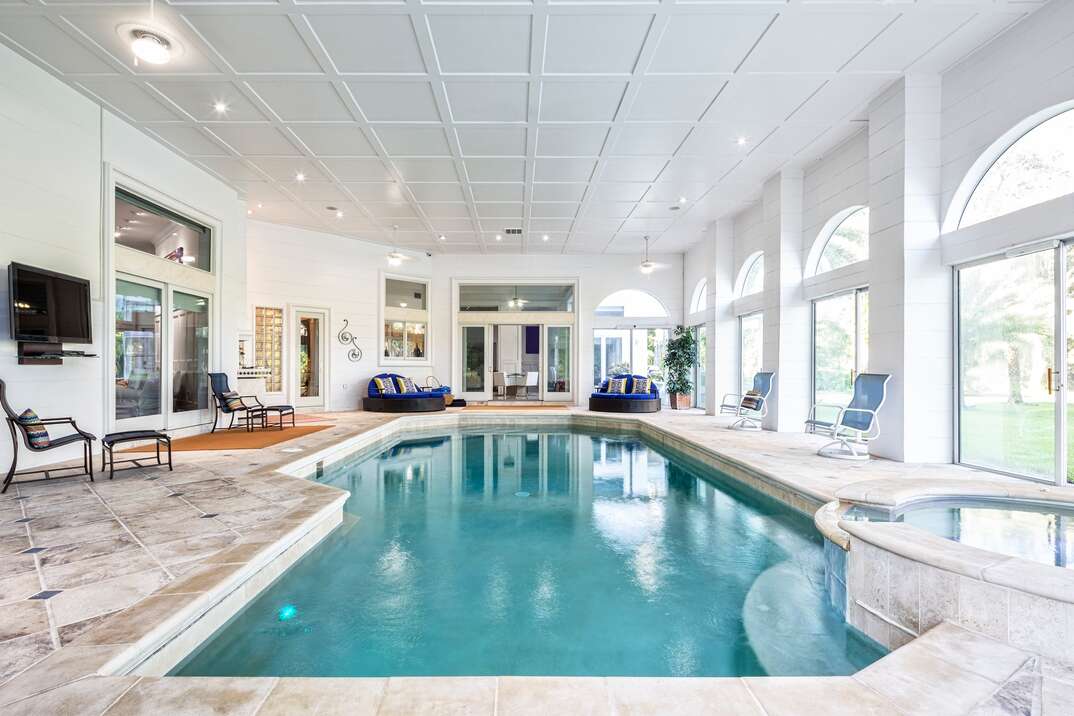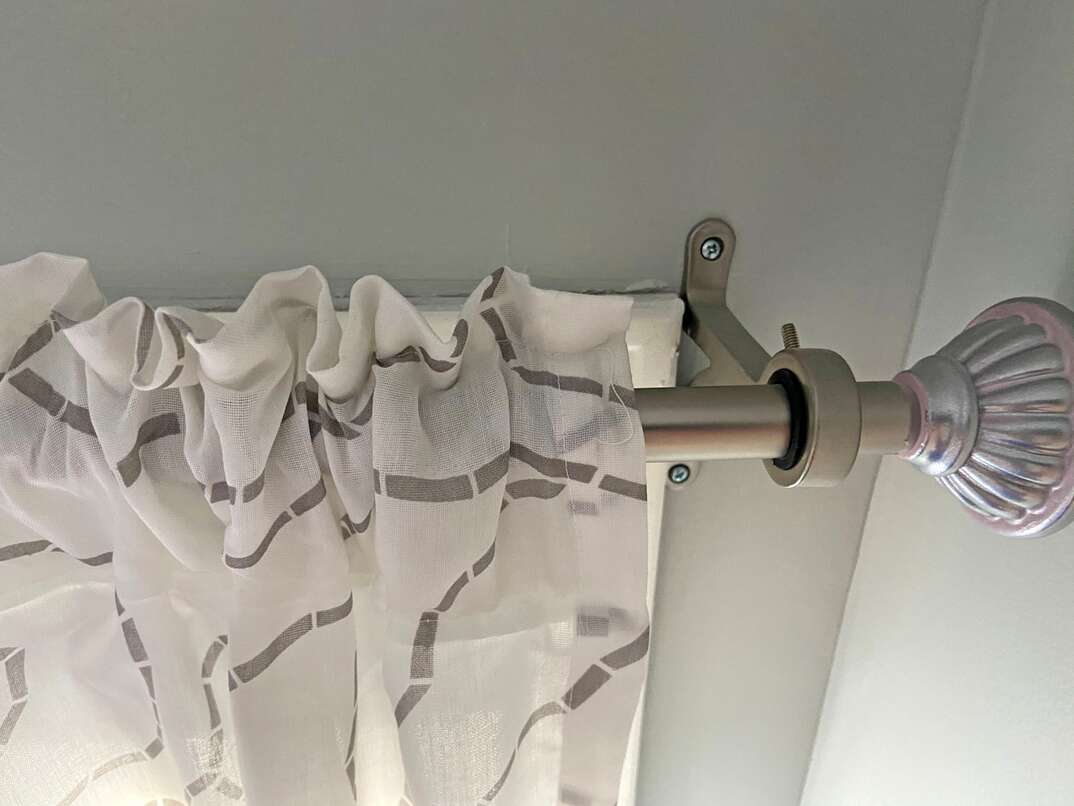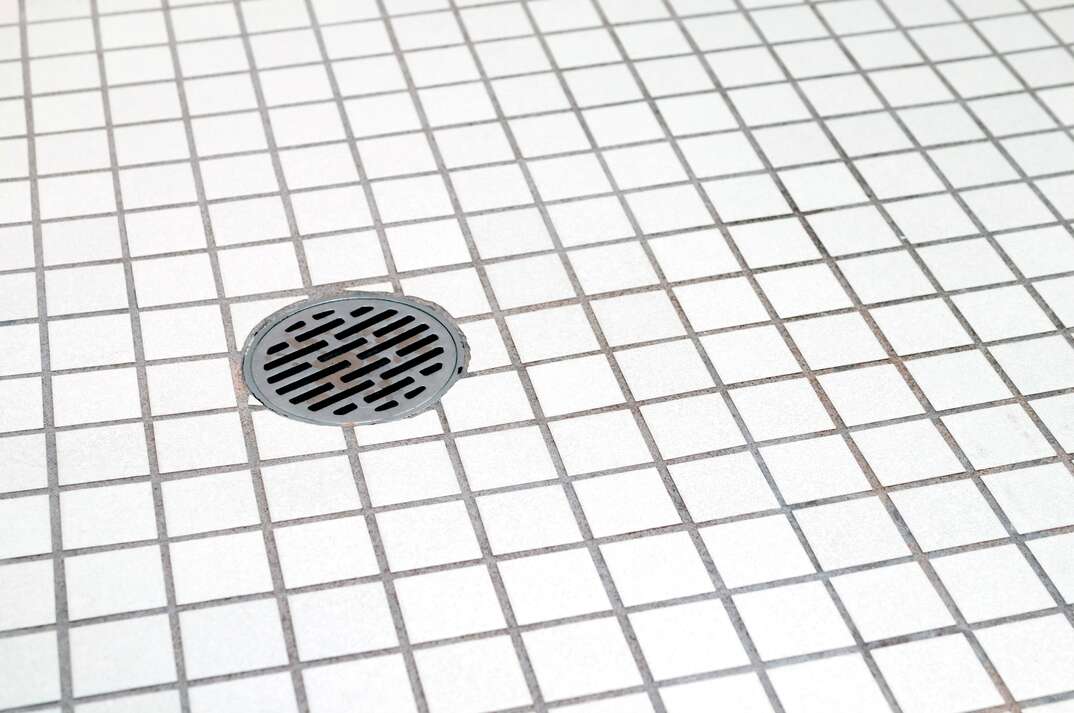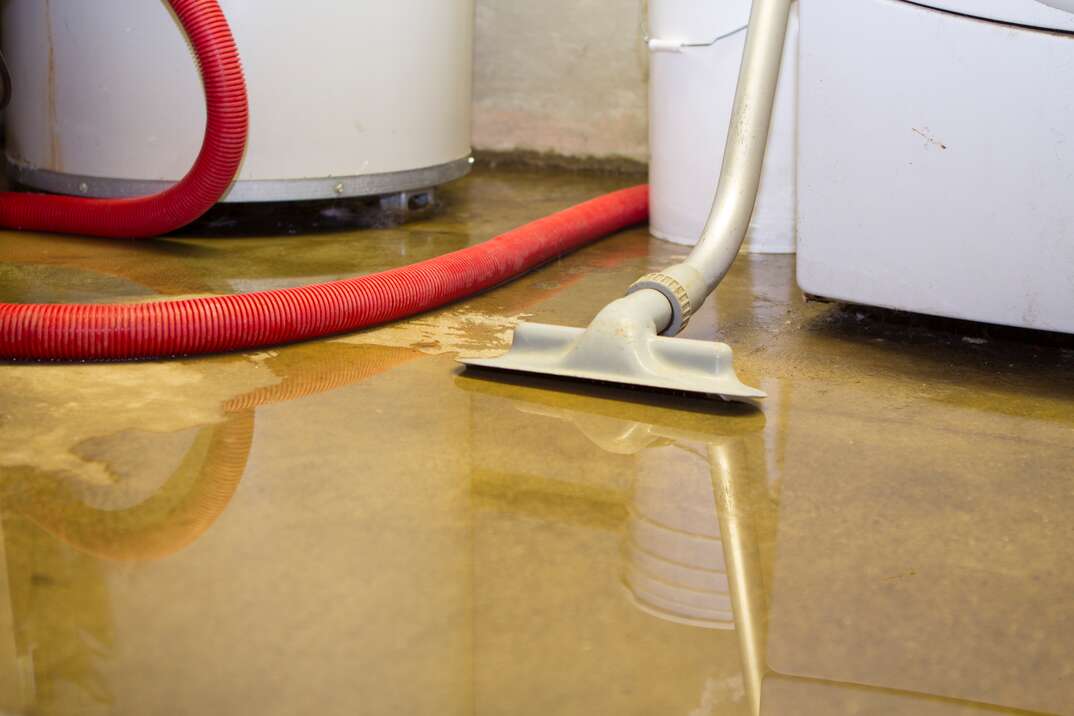Can You Install an Indoor Pool Without Getting in Over Your Head?

Indoor Pool Installation Costs at a Glance
- Average total cost: $95,000
- Price range: $40,000-$200,000+
- Large inground pool with structure: $350,000
- Average cost per square foot: $125-$200
Dreaming of creating your own private oasis by installing an indoor swimming pool — but unsure whether you can bear the costs? An indoor swimming pool can be a wonderful home addition if you're a keen swimmer or want to enjoy relaxing in the pool year-round. However, there’s a reason they’re a rare feature to find in your average subdivision; indoor swimming pools are expensive to install and maintain.
This May Also Interest You: Putting in a Pool? Here’s Everything You Need to Know
In this guide, we'll explore how much an indoor pool costs and help you decide whether it's a good investment for your home.
How Much Does It Cost to Put a Pool Inside the House?
How much an indoor pool costs to install depends on its size, whether you want it raised or inground and whether you already have a suitable structure in place. The smaller the pool, the cheaper it is to build. It's also more affordable to build a raised pool than one that's sunk into the ground. If you don't have a suitable room or outbuilding and need to build one from scratch, this will significantly increase the overall cost.
According to Fixr, you should expect to pay between $40,000 and $200,000 to build an indoor pool at a cost per square foot of between $125 and $200. An average, 12-foot by 24-foot fiberglass inground pool in an existing structure will cost roughly $95,000. However, a large inground swimming pool could set you back as much as $350,000 if you include the cost of constructing a suitable building.
How much your indoor pool costs also depends on the materials used. A vinyl liner is the cheapest option up front, but you'll need to replace it roughly every decade. Many homeowners opt for fiberglass as a mid-range option because it's durable and straightforward to maintain. Concrete pools are the most expensive option and cost significantly more to maintain than most other pool types.
How Does the Cost of an Indoor Pool Compare to the Cost of an Outdoor Pool?
As a rule, an indoor pool costs significantly more than an outdoor pool of the same size and type. Fixr says an outdoor vinyl pool measuring 12 feet by 24 feet costs around $16,700, and an identical indoor pool would cost around $30,000.
So, why exactly do indoor pools cost more? First and foremost, you'll need to build a structure for your pool if you don't have one already. If you already have a suitable structure available, you'll still have to pay contractors to break through the foundation if you want an inground pool, which will be time-consuming and expensive. You'll also need to install a vapor barrier and ventilation system.
If you want an indoor pool but you're on a tight budget, your best bet is to go for an above-ground pool. These pools are quick and straightforward to build and don't require you to dig through the foundation.
More Related Articles:
- Play It Safe With Anti-Vortex Pool Drain Covers: Here’s How to Install One
- Not Ready to Go All-in? Here’s How Much a Semi-In-Ground Swimming Pool Costs
- Keep Your Pool Running Swimmingly With These Maintenance Tips
- How Much Does a Pool Heater Cost?
- How Much Does an Inground Pool Cost?
Is an Indoor Pool a Good Investment?
Installing an indoor pool probably isn't a good investment if your main priority is adding to your home's resale value. According to HouseLogic, installing any kind of swimming pool is one of the home improvements with the lowest return on investment. You can only expect to recoup an average of 43% of what you pay — or up to 7% of your home's overall value, says Investopedia.
However, exactly how much money you'll make back on the cost of installing your swimming pool depends on its quality and condition. For example, a durable fiberglass pool that was recently installed is likely to be more attractive to potential buyers than a vinyl pool needing some TLC. Buyers may also be wary of taking on the maintenance of the pool, but this may be less of an issue in hot climates where pools are in high demand.
Finally, consider how much space your pool is likely to take up in your home. If you have a very large house, you probably have enough room for an indoor pool without compromising on living space. However, if the indoor swimming pool significantly reduces your available space, it could be off-putting to buyers and reduce your ROI.
Looking at the ROI for an indoor pool doesn’t tell the whole story. Although an indoor pool will cost far more to install and maintain than you'll ever claw back in resale value, it will let you swim year-round. It could also be a good social investment if you enjoy hosting friends and family for pool parties. It’ll also keep the kids occupied when school's out.
Are Indoor Pools Expensive to Maintain?
One area where indoor pool costs work out cheaper is heating and maintenance. Indoor pools are generally more economical to maintain because the enclosure stops leaves and other debris from falling into the water. If you use a chemical shock, it also stops sunlight from breaking down the chlorine, so you can generally spend less time and money on chemicals and cleaning for an indoor pool.


